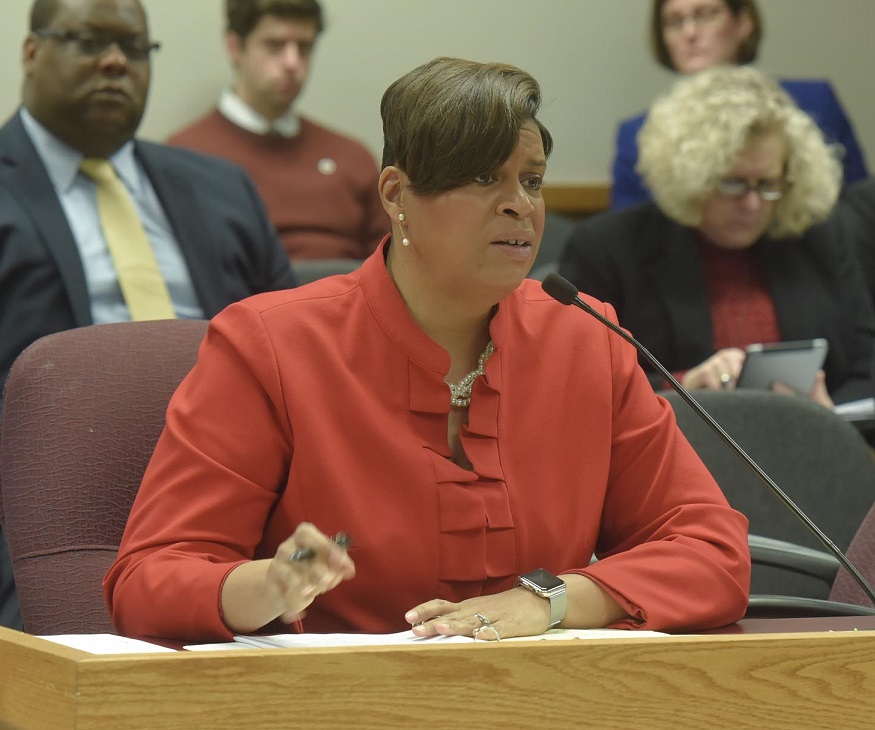The legislature has passed a budget that aims to make state agencies more accountable when lawsuits against them cost taxpayer dollars.

Lawmakers learned last fall that the Department of Corrections had reached millions of dollars in settlements in recent years with employees who had been harassed, discriminated against, and in some cases retaliated against. Legislators said they didn’t know about apparent ongoing issues in Corrections because of how money for settlements was identified in the budget.
Settlements had come out of a single line in the budget called the legal expense fund, which had no spending limit. That meant legislators did not know how much money was being spent on settlements each year, and agencies didn’t have to explain to the legislature what was behind lawsuits against them.
The budget for the year starting July 1 would cap that line at $16-million. If settlements exceed that, the Office of Administration can pull up to $10-million from other funds it controls. If that isn’t enough, OA can then take money directly from the budget of the department involved in a given settlement.
The Attorney General has said he will also report to the legislature every month on the activity of the legal expense fund. House Budget Committee Chairman Scott Fitzpatrick (R-Shell Knob) said that’s why even if OA has to go to any of those additional places for settlement money, it must all pass through that fund.

Meanwhile the House has passed a bill that would require by law those monthly reports from the governor, but with the process moving slowly in recent weeks, House Democrat Leader Gail McCann Beatty (Kansas City) said she’s looking for other bills to which she can add that language.
Legislators believe that with the new budget provisions and reporting by the attorney general any future situations like that uncovered at Corrections will be exposed.
Meanwhile, a House subcommittee launched to investigate corrections and recommend changes in that department is close to releasing its report.
The legislature’s budget proposal is now awaiting action by Governor Eric Greitens (R).


